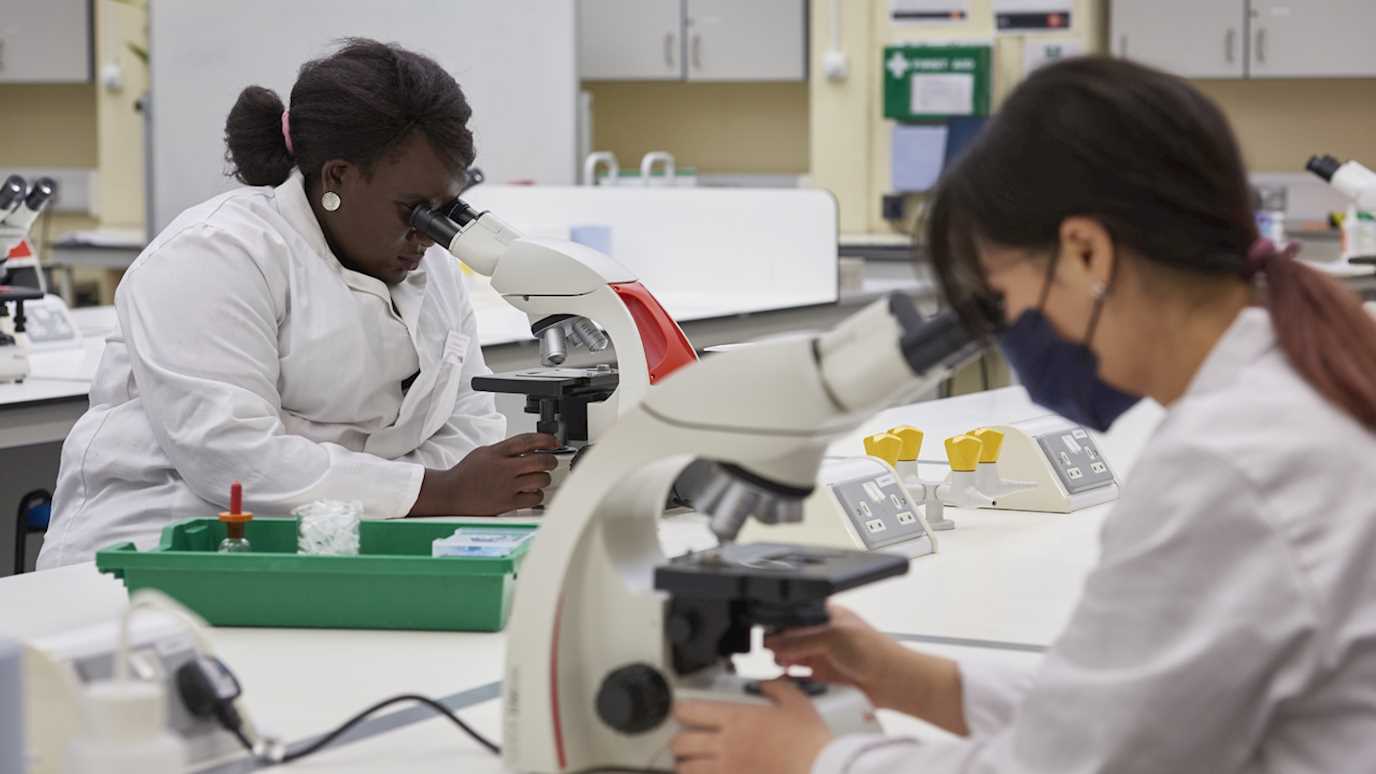What is trusted research?
Trusted Research is a framework designed to help us protect sensitive research, intellectual property, and collaborations—in the context of international partnerships.
The framework was designed jointly by National Protective Security Authority (NSPA) and the National Cyber Security Centre (NCSC) which supports the integrity of the system of international research collaboration.
It provides us with guidance and tools for balancing openness and collaboration with security and integrity. The toolkits were designed in partnership with the sector, and provides guidance to researchers, university staff and funding organisations to help keep sensitive research and intellectual property secure from theft, misuse or exploitation.’ https://www.npsa.gov.uk/specialised-guidance/trusted-research
Why does it matter?
- Universities, like Royal Holloway, are increasingly targeted for their cutting-edge research.
- Trusted Research helps equip academics to make informed decisions about who they work with and how they share knowledge.
- Trusted Research helps institutions protect and safeguard academics and students while undertaking international research collaborations.
- It supports the UK’s global research leadership while safeguarding national interest
Trusted research at Royal Holloway University of London
Royal Holloway University of London is home to an international community of researchers and scholars.
Our collaborations with colleagues from around the globe are fundamental to our status as a leading research institution.
As the world continues to become more connected, it is more important than ever to protect researchers, those who entrust us with sensitive information, and our research outputs, from misuse, theft, or interference.
The Policy and Integrity team in Research and Innovation are working to ensure the research and innovation due diligence processes and application peer review processes address and mitigate risks in international collaborations.
The Policy and Integrity team are also working with the University partnerships committee to establish appropriate scrutiny of high-risk collaborations, collaborations with complex compliance/ control requirements or collaborations with partners in embargoed or high-risk regions.
Useful links
Internal guidance:
- Research and Innovation: Research Policy and Governance and Research Contracts and Intellectual Property
- Legal and Governance: General Data Protection Regulation (GDPR), Export Controls and Conflicts of Interest
- Human Resources: Academic Technology Approval Scheme (ATAS)
- IT Services: Cyber Security
- Health and Safety: Travel and Fieldwork Safety
External guidance:
- National Protective Security Authority (NSPA) and National Cyber Security Centre (NCSC) Trusted Research: https://www.npsa.gov.uk/specialised-guidance/trusted-research
- UKRI Trusted Research and Innovation resources: https://www.ukri.org/manage-your-award/good-research-resource-hub/trusted-research-and-innovation/
- UKRIO Research Integrity Office resources: https://ukrio.org/ukrio-resources/trusted-research/
- Universities UK guidance: Managing risks in Internationalisation: Security related issues
Training and guidance
The Policy and Integrity team in Research and Innovation are working on a Trusted Research training offer for academic staff.
In the meantime, please contact Integrity@rhul.ac.uk with any queries relating to training on Trusted Research and consult the external guidance outlined above.
Contact us
For general enquiries please contact Integrity@rhul.ac.uk






















